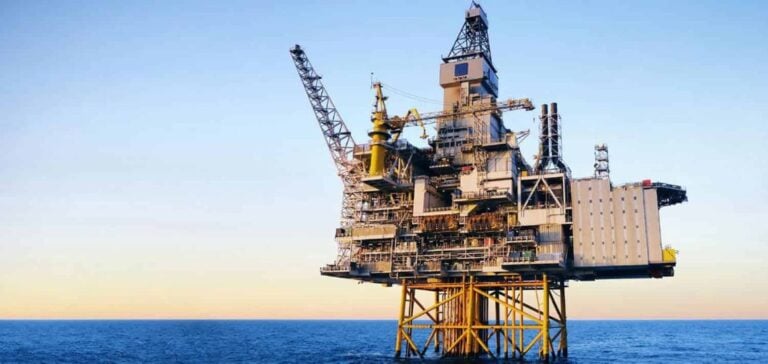Since September 2021, Côte d’Ivoire has identified three significant oil and gas deposits, estimated at 6 billion barrels. The “Baleine” field, operated by the Italian company ENI, is already in production, with a planned capacity of 150,000 barrels of oil per day by 2027, and 200 million cubic feet of gas per day. These new resources promise to transform the country into a net crude oil exporter before the end of the decade.
The Minister of Mines, Energy and Petroleum, Sangafowa Coulibaly, predicts Côte d’Ivoire’s potential membership of the Organization of Petroleum Exporting Countries (OPEC). This development signals a major economic diversification, while tax revenues from the mining sector have already increased twenty-fold since 2012.
Mining sector expansion and diversification
In addition to oil, Côte d’Ivoire’s subsoil abounds in precious minerals such as gold, lithium, manganese, nickel and coltan. The number of active mining permits has tripled in ten years, to nearly 200. In May 2024, a major gold deposit was discovered in the west of the country, promising to become West Africa’s third largest gold mine.
These discoveries are strategic for global energy transition policies, especially for the production of electric vehicles and other green technologies. Côte d’Ivoire will be hosting its first International Extractive Industries Exhibition (SIREXE) in November, underlining its commitment to the sector.
Environmental and socio-economic challenges
Despite these promising prospects, Côte d’Ivoire needs to avoid the “curse of raw materials”, a theory according to which an abundance of natural resources could hinder its economic development. Strategic diversification of resources can mitigate these risks, as oil industry expert Serge Parfait Dioman points out.
The environmental issue is also crucial. ENI is working to make the Whale field carbon neutral through clean technologies and reforestation projects. However, indirect emissions from the value chain remain a challenge. The cyanide pollution of the Cavally River in June 2024 is a reminder of the ecological risks associated with mining.
The Institute for Security Studies (ISS) has warned of increased deforestation due to mining, in a country that has already lost almost 90% of its forest cover in half a century.
Côte d’Ivoire is at a crucial crossroads, with considerable economic opportunities but also environmental and social challenges to overcome. Careful management of its natural resources will determine whether it can realize its potential without sacrificing its environment and economic stability.






















